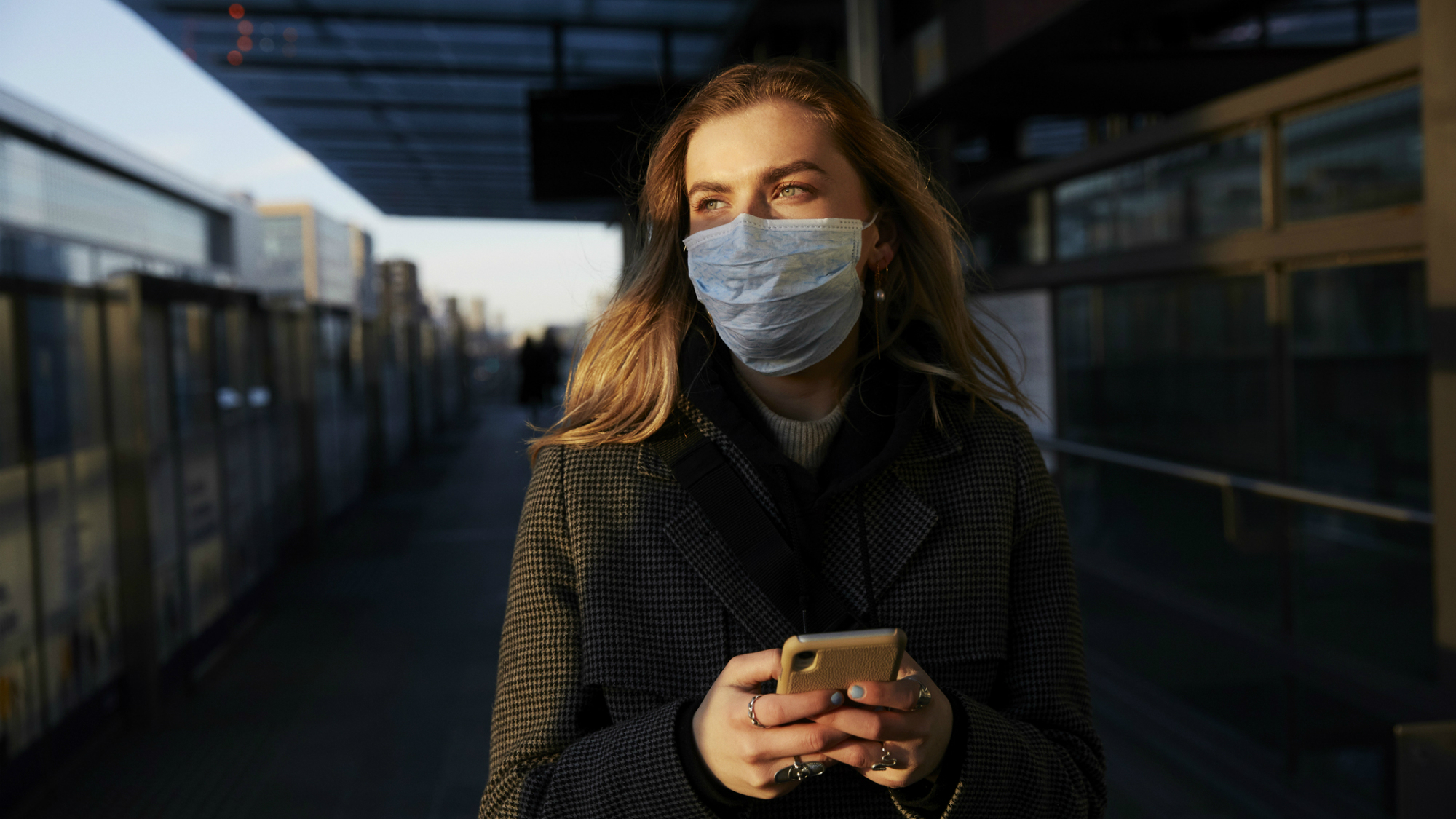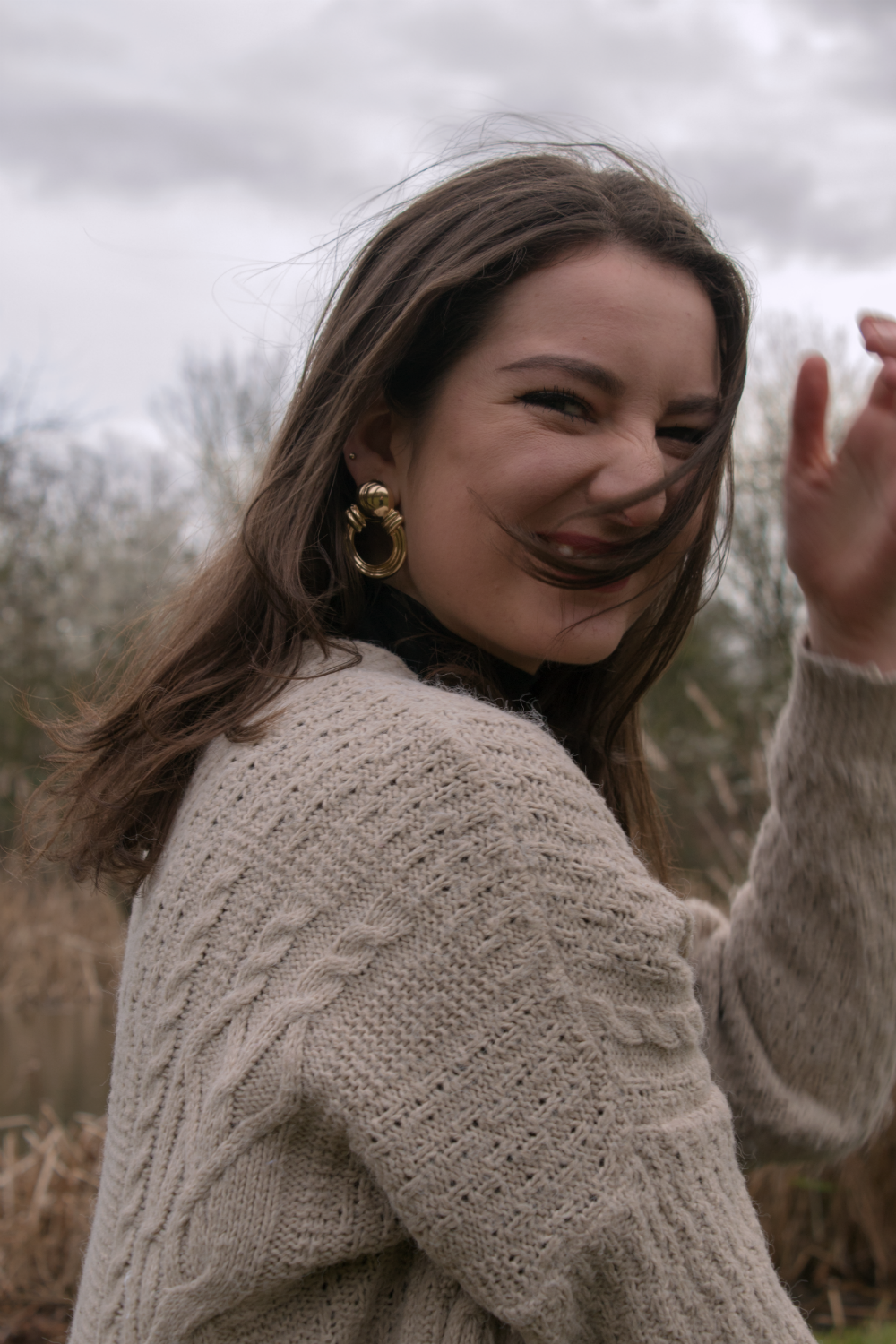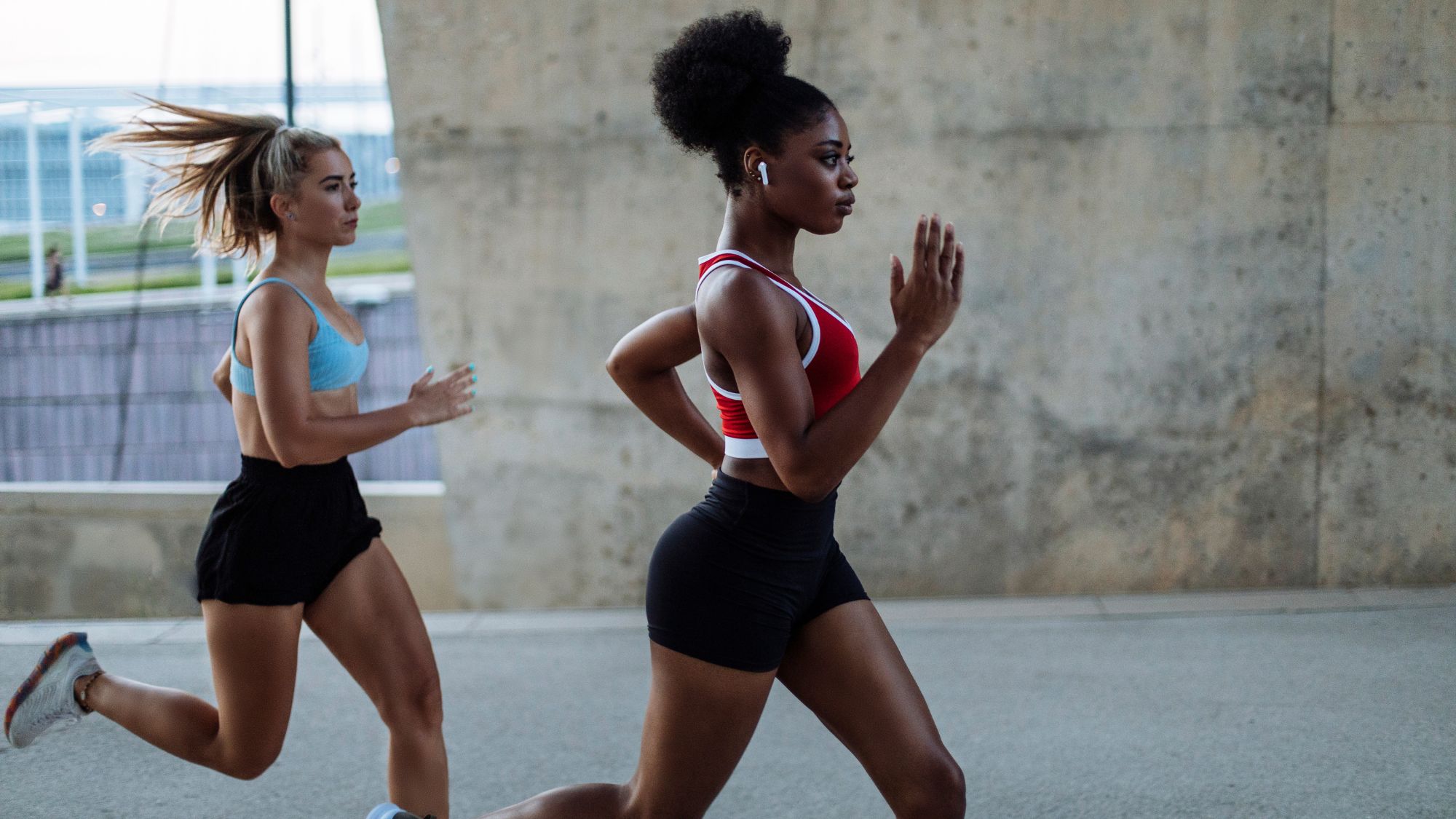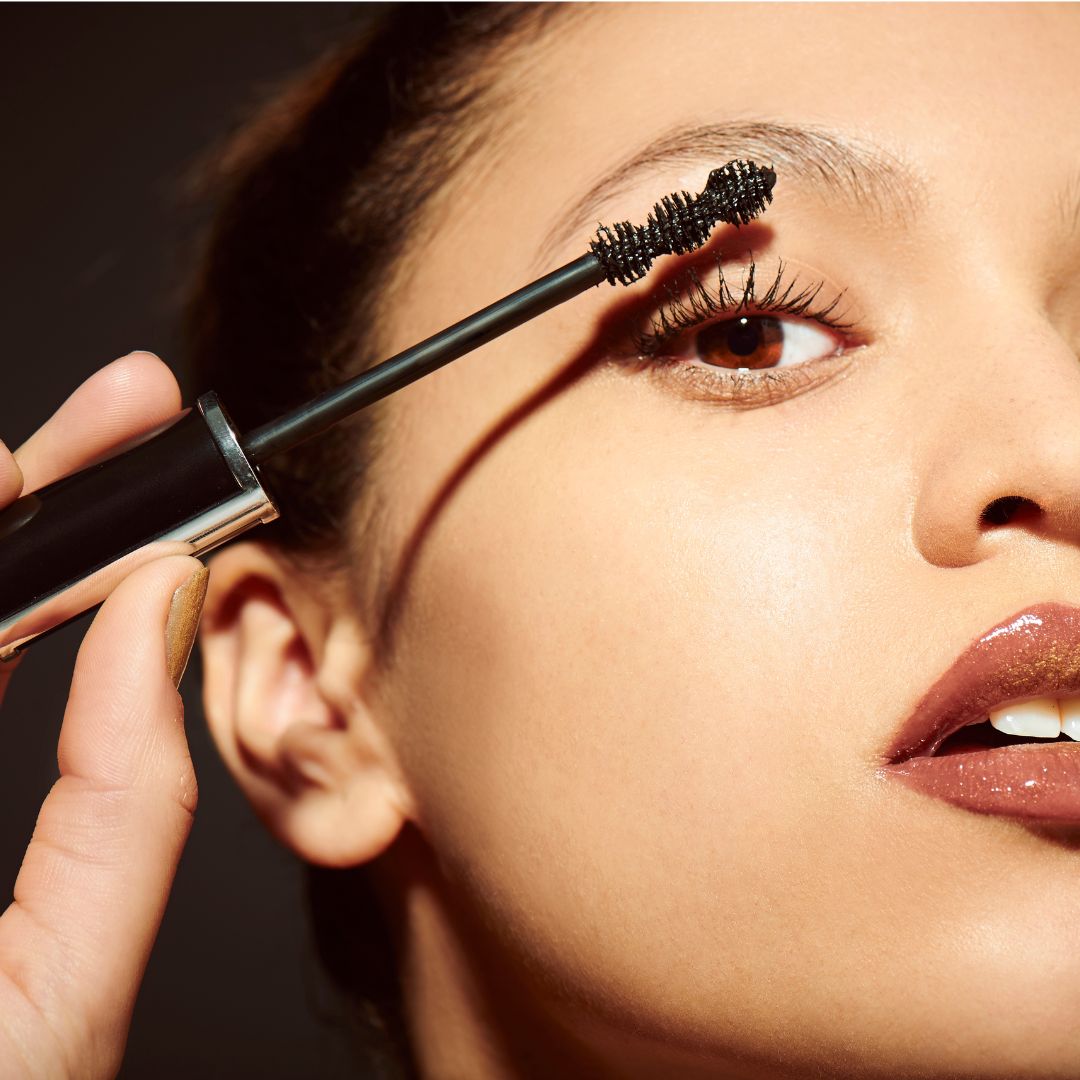8 of the most common face mask myths debunked
Keen to protect yourself, your loved ones and the wider community but in need of some clarity? Keep reading...


Keen to protect yourself, your loved ones and the wider community but in need of some clarity? Keep reading...
We’re living in an very confusing time. With regulations around group gatherings constantly changing and some public spaces shutting down within days of re-opening, it’s tricky to know how to best go about our lives in the most harmless way possible.
And with face masks now compulsory in the majority of indoor spaces around the UK, it’s clear that there’s still a lot of uncertainty about how, where and when we're best to use them – allowing for the spread of myths and misinformation.
Although virologists are still learning new things about Covid and how it spreads everyday, the bottom line is that it's more than likely that face masks are effective in protecting ourselves and others - and they certainly can't do any harm.
On a mission to help people understand the best practices when wearing a face covering, UK-based face mask company OmniProtect decided to debunk the most common myths and misconceptions around wearing them.
Here are 8 common face mask myths explained:
1. I only have to wear it over my mouth, not my nose
Has anyone else felt frustrated at the sight of someone donning a mask over their mouth but not the nose? Well now you have good reason, because it’s been scientifically proven that airborne droplets and particles which may carry viruses are inhaled through the mouth and nose.
Therefore, it’s essential to ensure that your face mask covers both your mouth and nose for your protection and the good of the community.
Marie Claire Newsletter
Celebrity news, beauty, fashion advice, and fascinating features, delivered straight to your inbox!
2. Wearing one makes it difficult to breathe
Whilst using a face mask may feel uncomfortable at first, studies have shown that wearing one has no impact on the saturation of oxygen in your blood. So although it will initially take some adjustment, it’s important to remember it’s there to protect you.
3. All face masks provide the same level of protection
There are loads of face masks available so it makes sense that the level of protection varies. In conventional masks, this largely depends upon the level of filtration which the masks offer and is essentially a measure of what size particles are filtered.
If you’re on the hunt for one, the OnmiProtect mask is a great option. It not only contains filtration material, but both the inner and outer layers are treated with unique, patented technology which has been scientifically proven to destroy viruses and bacteria that may come in to contact with the surface of the mask, including SARS-CoV-2; the virus that causes Coronavirus.
4. My face mask protects me from other people
Wrong: Conventional face masks are designed to protect others from any bacteria or viruses exhaled by the wearer.
Contrastingly, however, the OnmiProtect mask offers protection for both the wearer and whoever they come into contact with, as the fabric destroys 99.9% of the exhaled virus.
5. I don’t have to wash my hands or social distance if I wear a face mask
No. Wearing a face mask is just one step of many that need to be taken to prevent the spread of Covid-19. It should be used in conjunction with hand washing and social distancing.
6. If I am not ill, I don't have to wear a face mask
Many people with Coronavirus don’t show symptoms, so the importance of wearing a mask to protect those you come into contact with from any viruses or bacteria you may be carrying can’t be understated.
7. Children do not have to wear a mask
Although kids under 11 years of age are exempt from wearing face masks in shops, many parents have expressed a preference for their children to wear a mask since they are not immune from catching the disease or transmitting it to others.
8. DIY face masks are as safe as those manufactured for purpose
Whilst many people are choosing to make face coverings at home, these aren’t likely to offer a comparable level of protection to masks containing filtration material and as such, airborne viruses and bacteria can still pass through.
Niamh McCollum is Features Assistant at Marie Claire UK, and specialises in entertainment, female empowerment, mental health, social development and careers. Tackling both news and features, she's covered everything from the rise of feminist audio porn platforms to the latest campaigns protecting human rights.
Niamh has also contributed to our Women Who Win series by interviewing ridiculously inspiring females, including forensic scientist Ruth Morgan, Labour MP Stella Creasy and ITV’s former Home Affairs Editor Jennifer Nadel.
Niamh studied Law in Trinity College Dublin. It was after enrolling in a Law & Literature class on her year abroad in Toronto that her love of writing was reignited. In no particular order, her big likes are Caleb Followill, hoops, red wine, sea swimming, shakshuka and long train journeys.
-
 Feeling inspired by the London Marathon? 10 science-backed pieces of running advice for beginners
Feeling inspired by the London Marathon? 10 science-backed pieces of running advice for beginners"Remember, running is for everyone - you included."
By Rebecca Shepherd
-
 After the perfect wedding mascara? I've tested over a hundred formulas—these are the ones I'd recommend
After the perfect wedding mascara? I've tested over a hundred formulas—these are the ones I'd recommendAll the length, volume and lift you could ask for
By Denise Primbet
-
 Anatomy Of A Wardrobe: TV presenter AJ Odudu is carving out her own lane, one show-stopping look at a time
Anatomy Of A Wardrobe: TV presenter AJ Odudu is carving out her own lane, one show-stopping look at a timeWatch as we take an exclusive look inside AJ's wardrobe
By Lily Russo-Bah